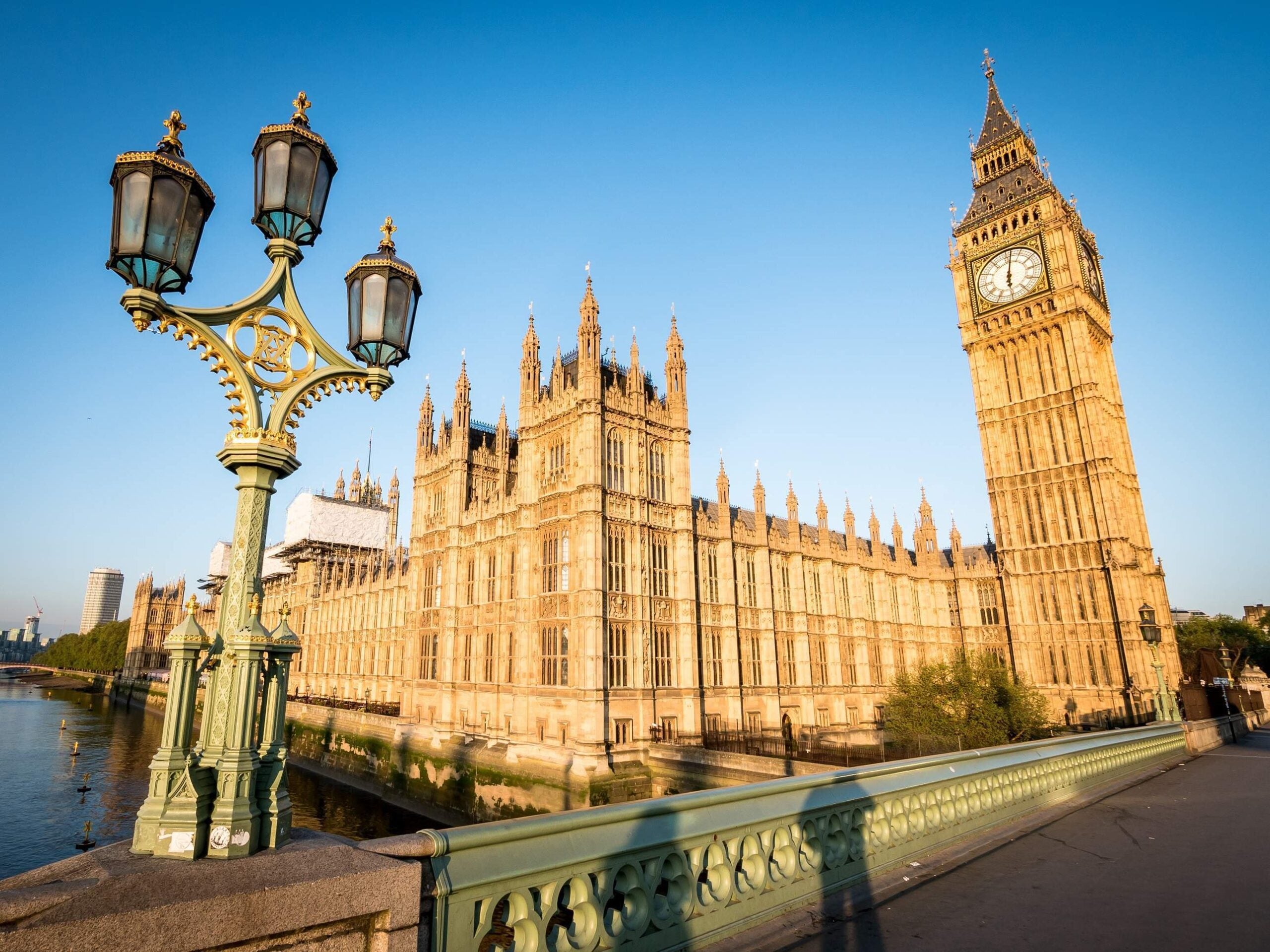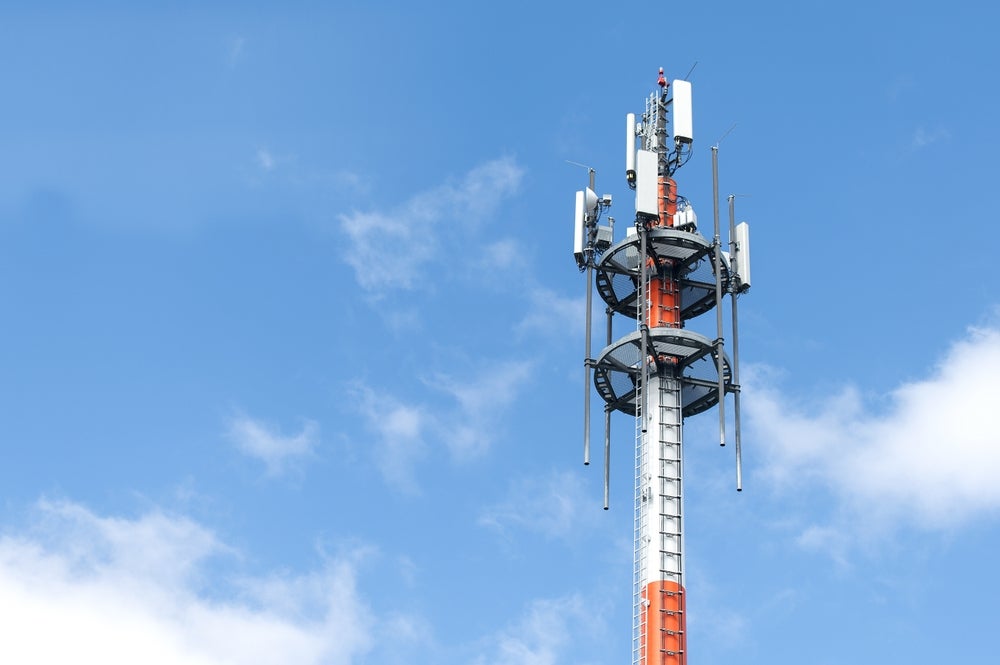
The UK parliament suffered a cyber attack this weekend which saw around 90 email accounts compromised.
Here’s what we know so far.
Who was targeted?
The email accounts of MPs, Lords, and their parliamentary aides and staff were targeted in the attack. The attack was aimed at gaining access to accounts which were protected by weak passwords.
What happened?
The hack has been called a brute force attack, which is when an application uses trial and error in an attempt to crack passwords. According to SearchSecurity, “a brute force cracking application proceeds through all possible combinations of legal characters in sequence.”
It is thought that only 90 accounts were compromised in this way, around less than one percent of the email system’s users.
After the Houses of Parliament discovered the attack, security services shut down access for anyone not in Westminster in an attempt to secure the network, leading to MPs being locked out of their accounts over the weekend.
How well do you really know your competitors?
Access the most comprehensive Company Profiles on the market, powered by GlobalData. Save hours of research. Gain competitive edge.

Thank you!
Your download email will arrive shortly
Not ready to buy yet? Download a free sample
We are confident about the unique quality of our Company Profiles. However, we want you to make the most beneficial decision for your business, so we offer a free sample that you can download by submitting the below form
By GlobalDataWho did it?
A security source told the Sunday Times it was a state-sponsored attack, however, this can be difficult to confirm.
“The nature of cyber attacks means it is notoriously difficult to attribute an incident to a specific actor.”
The blame has been pointed at Russia and North Korea, both of which have been accused of being behind hacking attempts before, such as the WannaCry malware attack that hit the NHS in May.
Has this happened before?
Not technically linked at this moment in time, but a few days earlier there were reports that Russian hackers had put passwords belonging to senior ministers, ambassadors, and senior police officers up for sale online.
The email addresses and passwords used by the likes of Justine Greening, the education secretary, and Greg Clarke, the business secretary, were among the two lists of stolen detail, which in total included 1,000 British MPs and parliamentary staff, 7,000 police employees and more than 1,000 Foreign Office officials, said The Times.
It is thought this data was stolen from previous hacks of LinkedIn and MySpace.
What are the next steps?
A parliamentary spokesperson told The Independent that it is investigating the incident. They said:
“We are continuing to investigate this incident and take further measure to secure the computer network, liaising with the National Cyber Security Centre (NCSC). We have systems in place to protect member and staff accounts and are taking the necessary steps to protect our systems.”
The NCSC was opened earlier this year with the aim of to try and protect the UK against cyber attacks, something that is becoming increasingly difficult. Prior to the UK election, the centre worked with government departments and political parties to secure the election against hacks from Russia or any other foreign powers.
Are cyber attacks something we need to get used to?
The short answer is, yes, particularly in politics. Last summer the Democratic National Campaign (DNC) was hacked, which contributed to Hillary Clinton losing the 2016 presidential election. President Donald Trump’s election campaign team are under investigation for alleged collusion with the Kremlin to hack the DNC and swing the election in favour of the Republican candidate.
Trump has refuted these claims.
As well, the same Russian hackers who targeted the DNC also reportedly targeted the then-French presidential candidate Emmanuel Macron’s campaign earlier this year.
It’s not just Russia and North Korea who are into political hacking. This weekend, government websites in the US state of Ohio were hacked and messages in favour of the so-called Islamic State (ISIS) were displayed on the homepages.
The messages said that President Trump would be held accountable for “every drop of blood flowing in Muslim countries” and finished with the statement “I love Islamic State.”
A group named Team System DZ is behind the attack and is known for cyberattacks with anti-Israel messages.
How can I protect myself?
Preventing hacking is all down to having a good password. Don’t use the same password for different accounts; make sure you use a combination of letters, numbers and symbols; and if that fails, use a password manager such as 1Password or Bitser.
If you are concerned that you have been hacked, you can visit Have I Been Pwned, a website owned by Australian security specialist Troy Hunt which collates all the email addresses and usernames that have been compromised in data breaches.







